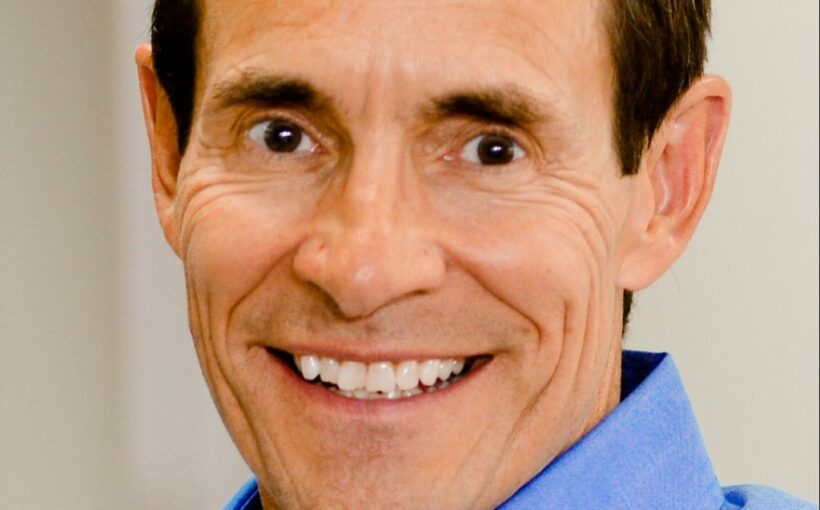At a party given by a billionaire on Shelter Island, the late Kurt Vonnegut informed his friend, author Joseph Heller, that their host, a hedge fund manager, had made more money in a single day than Heller had earned from his wildly popular novel, “Catch-22,” over its entire history. Author Heller responded, “Yes, but I have something that he will never have — enough.”
From the book, “Don’t Count on It” by the late John Bogle, this story is a welcome reminder of the dangers of comparison. Comparing ourselves to others often leads to feelings of inferiority or regret: There’s always a bigger fish in the sea. As President Roosevelt said, “Comparison is the thief of joy.”
Yet, comparison tends to be the lens through which most people view their finances. Some people assume wealth is the amount of money you have in the bank or the size of your investment portfolio. Others judge wealth based on the size or neighborhood of their home or the number of cars or toys they have. Some measure wealth based on income.
But my definition of wealth is much broader than the material. People can earn $100k and spend $125k. That’s not how wealth is built. Likewise, that same person may spend less than they make but spend 80 hours away from their friends and family working to earn it. Their work may be in a disinteresting field or for a cause in which they have no desire to help. Or they work with people who consume their energy, not encourage and contribute to it.
What determines a wealthy life depends on your relationship with money and what matters most to you. There are many ways to become rich that don’t involve money. I believe one of the most valuable measurements of wealth is the ability to control your time. The freedom and time to pursue whatever you want is a true measure of your wealth. Another is the ability to control your purpose — your why. Is your work accomplished only for a paycheck? Or do you feel as if you are contributing to something bigger than yourself? A third would be your relationships — with whom you chose to do things, collaborate, or just spend time. Lastly might be your income, having enough cash flow to provide for what you want to do, with whom, when, and for how long.
Being content in all things is a rich life. When you are content, a number doesn’t matter — your mindset matters.
Money does not make life less stressful. On the contrary, for many, it makes life more stressful. With money comes the need to guard it, protect it, keep it, not lose it, and so on. Money, however, is merely a tool, a resource to provide you the freedom of your endeavors. Hoarding does little good; having your resources serve your works.
Yet, some people are more prone to anxiety than others. No amount of money is enough to quench their thirst or satiate these deeply rooted questions:
What if the market crashes and doesn’t come back?
What if inflation is much higher than expected?
What if my candidate for the White House does not get elected?
What if I lose my job?
What if the economy goes into a terrible recession or a depression?
What if I pick the wrong investments?
What if I’m saving too little or too much?
What if there is another pandemic?
You can drive yourself crazy chasing away these “what ifs.” There is always going to be something to worry about when investing, planning for your financial future, and building or preserving your wealth. However, the concern should not focus on these particular questions but on learning how to deal with the unknown in a healthy way. If these questions constantly chip away at your confidence, taking up space in your brain, you’ll never learn to feel content. As a friend used to say, “Worrying is a poor use of the imagination.”
How you think about these things is essential – it is your mindset. Developing a time-specific, income-specific plan that offers ample flexibility is critical, yet most people spend more time planning their vacation than their retirement. A vacation lasts a couple of weeks – a retirement two, three, or four decades. So, it is wise to have a plan.
Nick Murray says it best in “Simple Wealth, Inevitable Wealth,” “No matter how much money you have, if you’re still worried, you aren’t wealthy.”
Steve Booren is the founder of Prosperion Financial Advisors in Greenwood Village. He is the author of “Intelligent Investing: Your Guide to a Growing Retirement Income.” He has been named by Forbes as a 2021 Best-in-State Wealth Advisor, and a Barron’s 2021 Top Advisor by State. This column is not intended to provide specific investment advice or recommendations.
Source: Read Full Article

